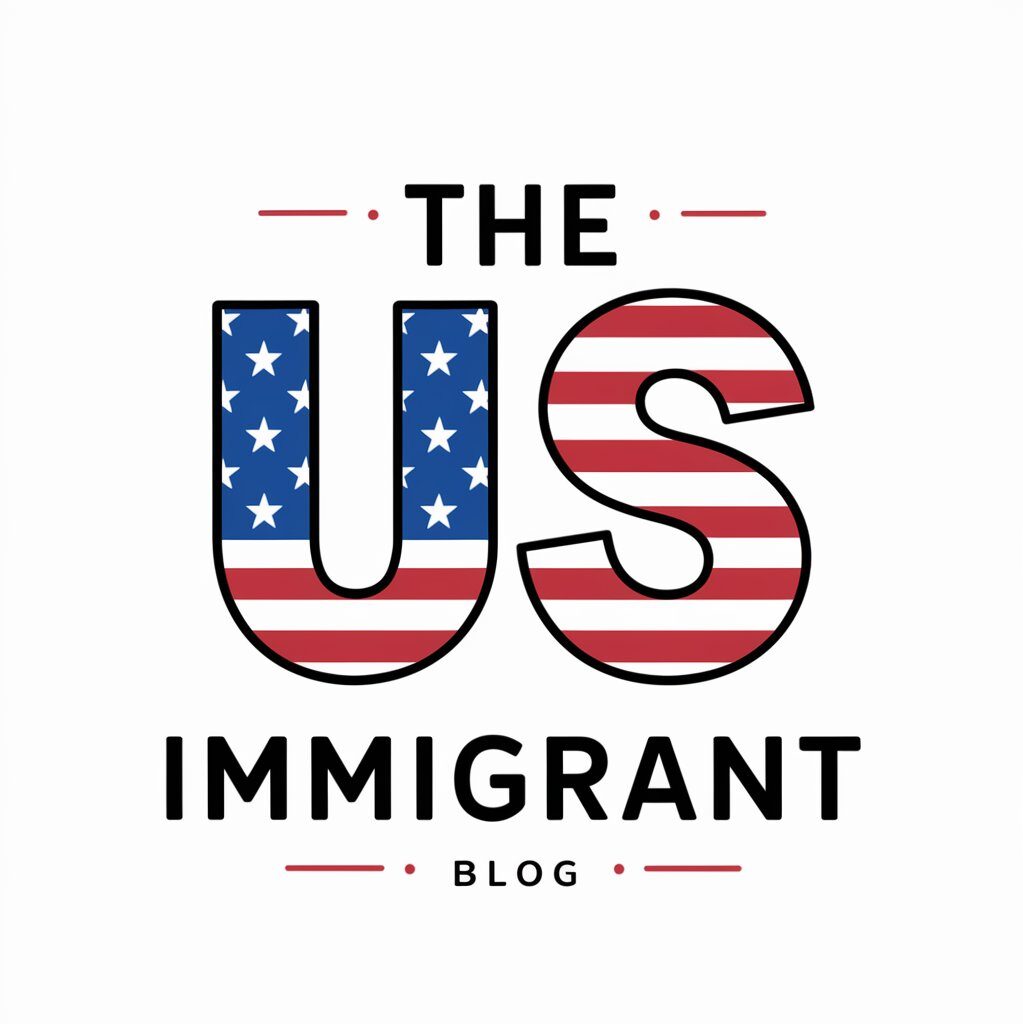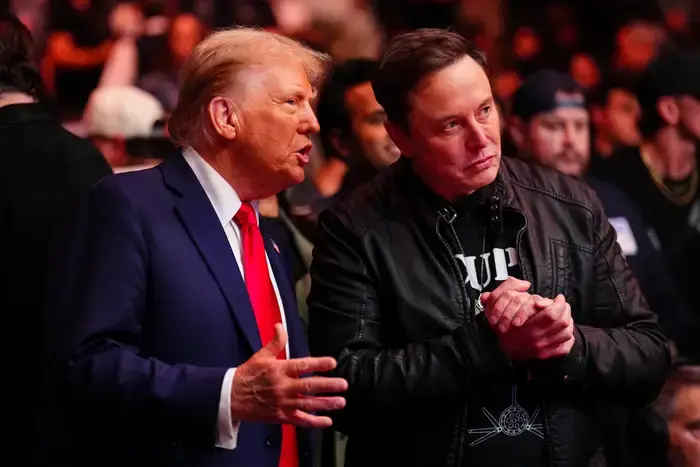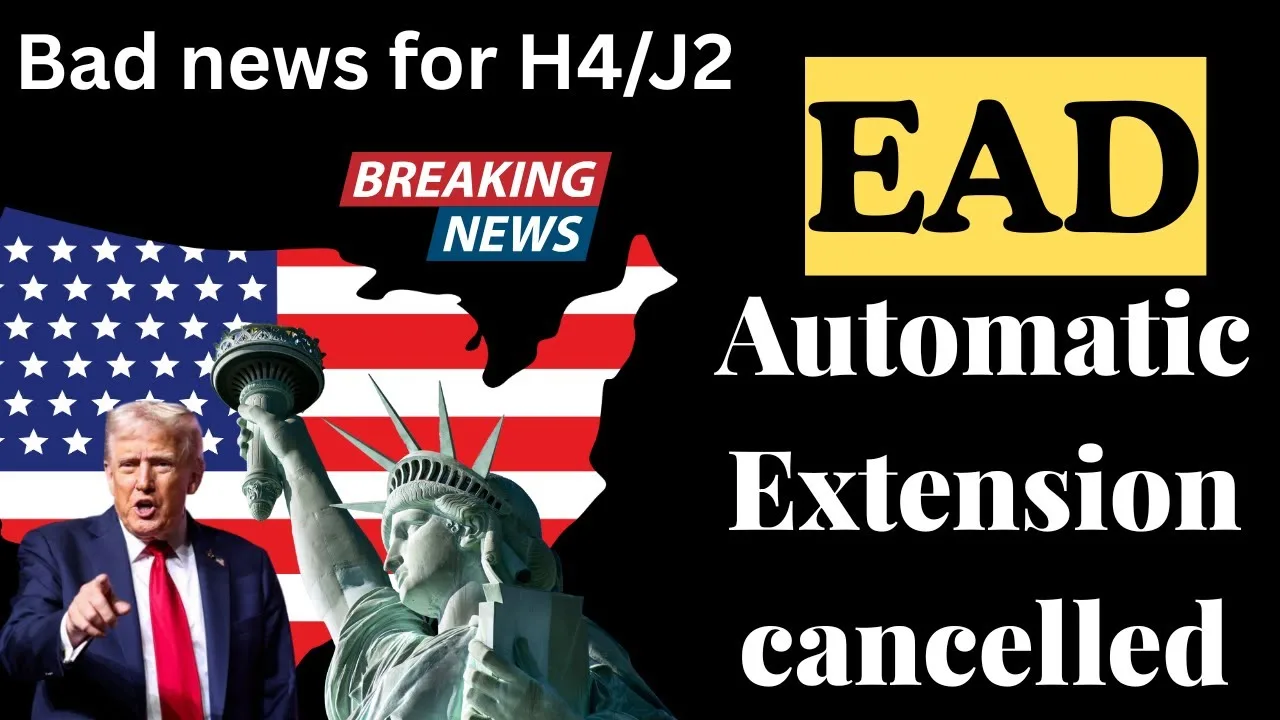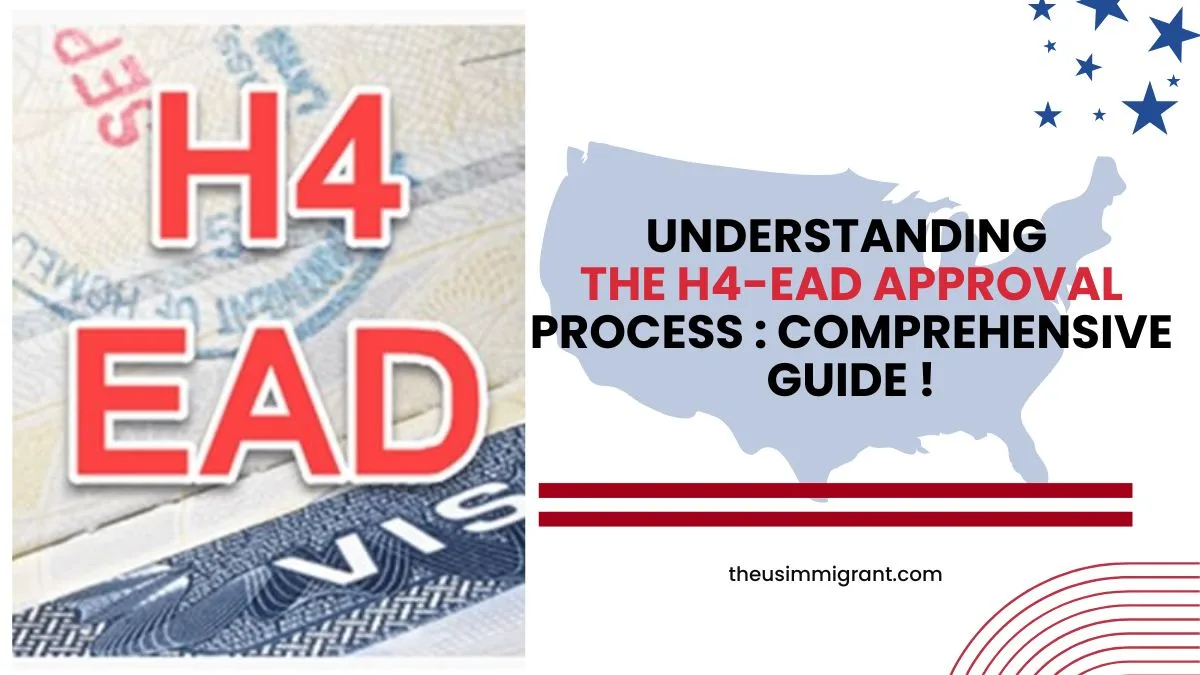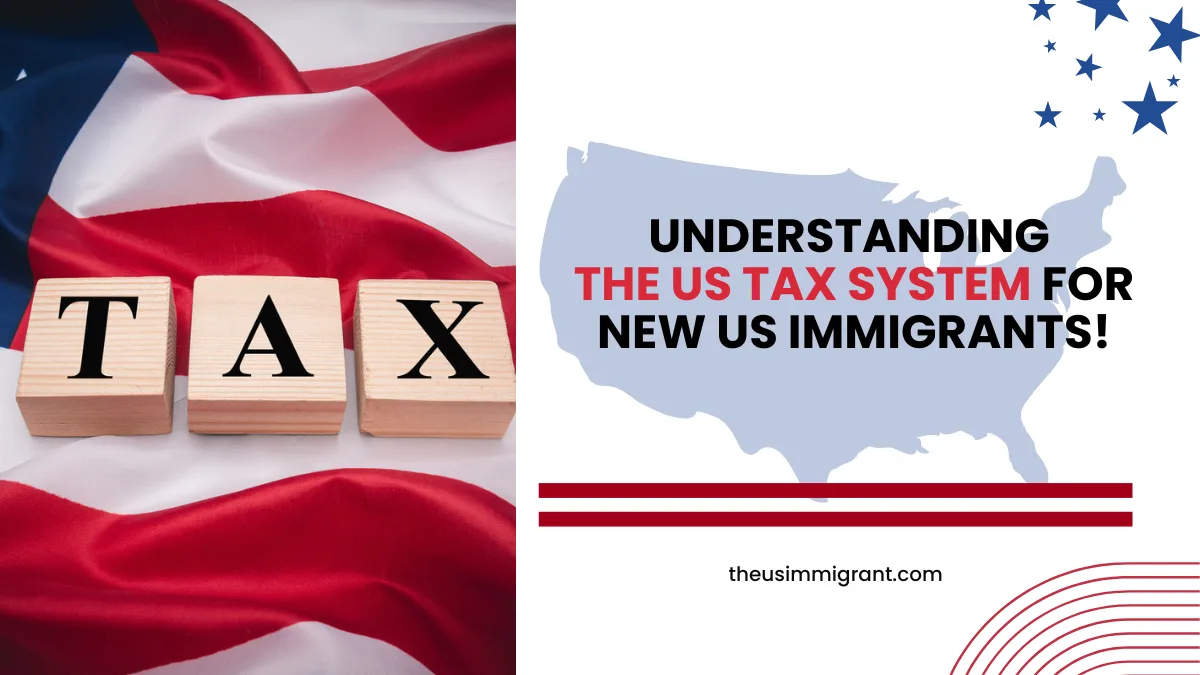Overview
In the United States, the H-1B Visa Debate has gained a lot of attention and sparked discussions in a variety of social circles.
Understanding what the H-1B Visa Debate entails and why it is receiving so much attention is crucial to better understanding the current situation.
Background
The Immigration Act of 1990 established the H-1B visa program to attract highly qualified foreign talent to the United States. The target of these visas is non-immigrants who want to work in specialized fields like engineering and technology.
The program only grants a certain number of visas each year. According to recent data, roughly 85,000 are available each year. Over time there has been both acclaim as well as criticism for this combination of opportunity and constraints.
Arguments in Support
Statements from Advocates
The H-1B Visa Debate was triggered when key influential personalities like Donald Trump & Elon Musk started a dialogue that H-1B visas are crucial for attracting outstanding talent to the United States, boosting the economy, and reviving the labor market.
These visas they contend preserve America’s competitive edge by addressing critical skill shortages in highly sought-after industries. The advantages for U. S. Businesses are important for things like encouraging innovation and growth.


Statements from Opponents
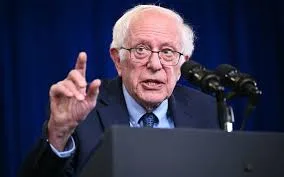
Arguments Against
However, some jumped into this H-1B Visa Debate arguing that H-1B visas could suppress wages and force out American workers.
This issue stems from worries that businesses may take advantage of the program to cut labor costs by substituting cheaper foreign workers for domestic ones.
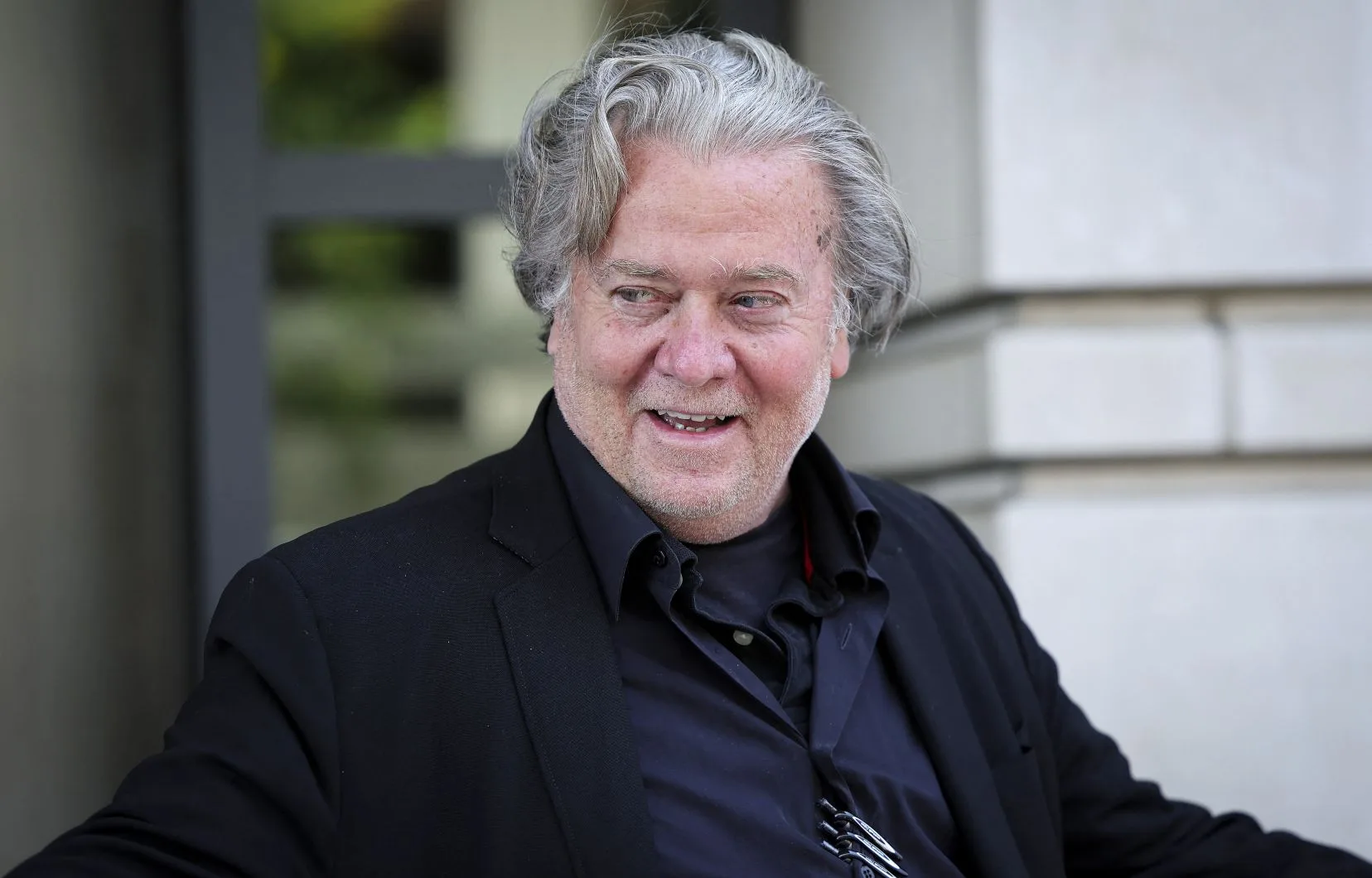
Effects on Different Sectors
Education and Health Care:
H-1B visas are essential for filling doctors and specialized teachers positions in industries like healthcare and education where there is a talent shortage, particularly in underserved areas.
Other Affected Industries.
In addition to technology, H-1B visas are essential in fields like manufacturing research and finance where specialized skills are often in short supply.
Current Development
Project 2025 a conservative policy framework backed by President-elect Donald Trump has recently come into focus.
This is different from what he did in the past which included suspending the program in June 2020.
The debate is kept active and moving forward with new reforms and modifications. impacts on the economy and society.
Implications for U. S. Employees
It is incomplete to discuss H-1B visas without considering how they affect American workers.
They are perceived as threats to local jobs by some while others see them as chances for knowledge exchange.
Competitiveness and innovation. H-1B visas are seen as essential for maintaining U. S. employment because of the expertise that foreign workers bring to the table.
Global competitiveness and innovation.
H-1B visas are seen as a critical component in maintaining U.S. innovation and global competitiveness, given the skill contributions by foreign workers.
Diversity in Culture in the Workplace.
Socially H-1B visa holders promote diversity in the workplace creating a more welcoming and stimulating atmosphere.
Conclusion
In summary, the H-1B visa debate & the controversy bring to light the precarious equilibrium between preserving American jobs and fostering an economy powered by talent from around the world. Future reforms are expected to shape the H-1B program’s future which is still up for debate.
Call To Action
Everyone, whether directly involved or just curious about the wider ramifications, needs to stay up to date on developments in the H-1B visa space. A balanced and successful future will be ushered in by the program’s constructive participation in the discussion and consideration of all points of view. Hopefully, this H-1B Visa Debate will be put to rest soon.
